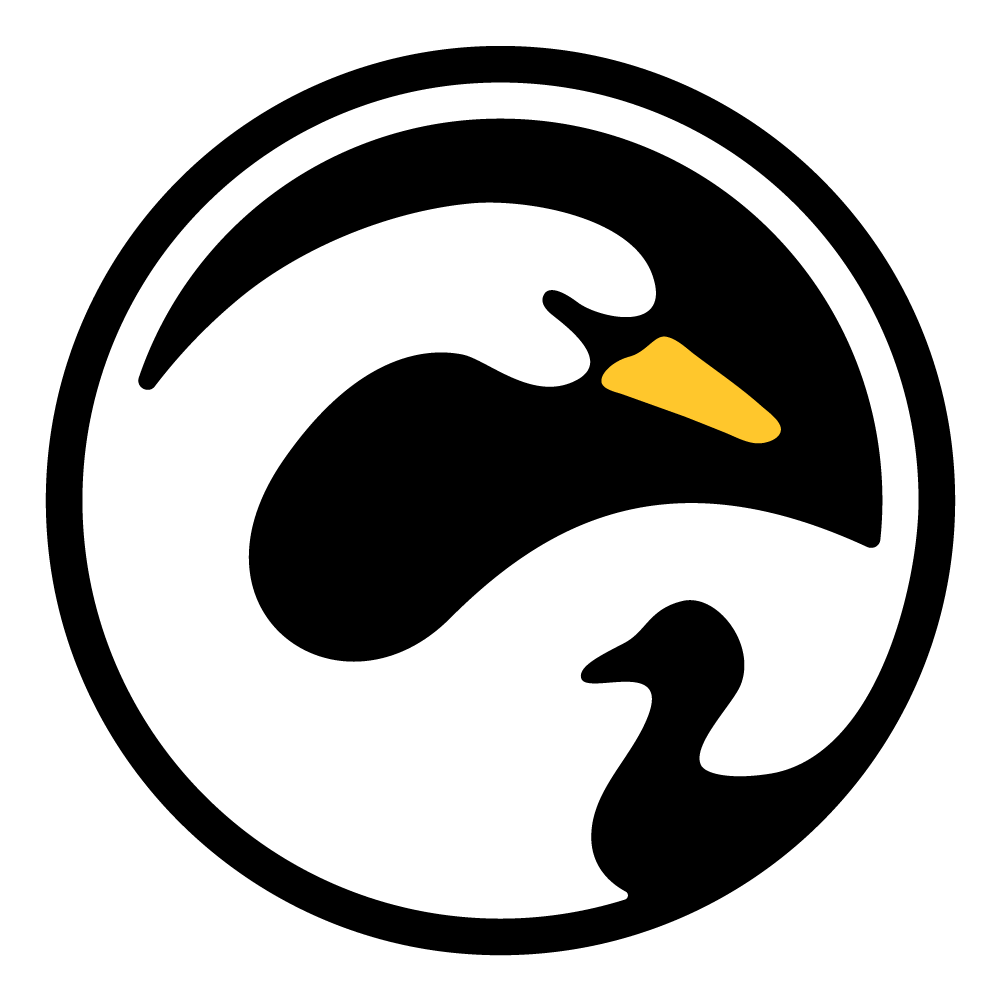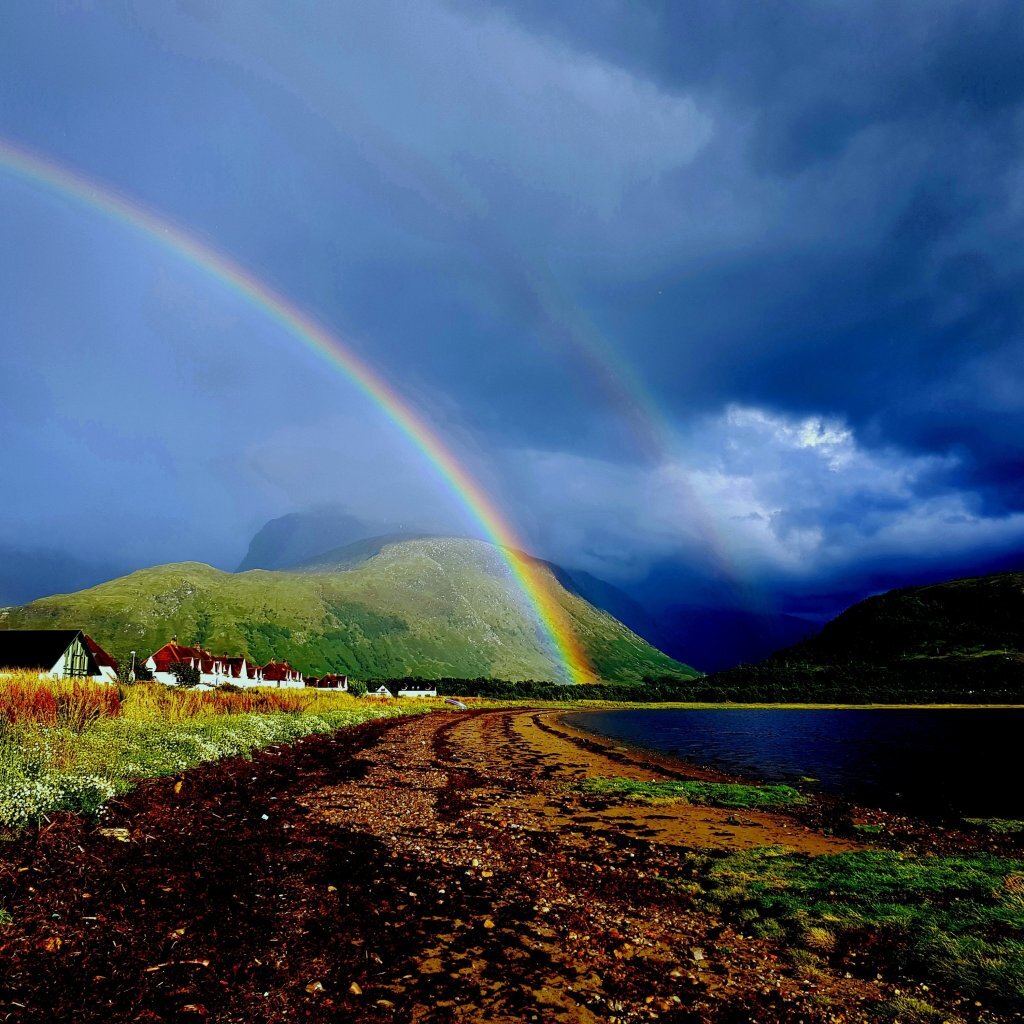At home, I live with my wife Jayne and our three children aged 10-16. Whilst we are not bereaved parents ourselves we have shared the pain of close friends and family whose baby has died, and one of our very best friends died after giving birth shortly before we had the third of our children. I’m involved in local community activities, be that as a school governor, member of a local church, or Parkrun director, and am often found running through the local woods and fields training for marathons. I am halfway through a challenge to run fifteen marathons in fifteen months to raise money for Sands, though it’s on pause for a while during the pandemic.
Before joining Sands I worked as a project manager for an international market research organisation, then in Local Authorities for many years, mostly in Children’s Services / Education, working with partners to improve outcomes for families through collaboration.
I’ve continued that ethos in my current role. Although based at Sands I lead a project which is by its nature a collaboration. It was established with the aim of improving the quality of, and consistency in bereavement care provided to mothers and families after pregnancy loss or the death of a baby. This covers five experiences of loss: miscarriage, termination for fetal anomaly, stillbirth, neonatal death or sudden unexpected death in infancy. There’s some really excellent bereavement care provided by healthcare professionals but parents tell us that it’s not always consistent from site to site, team to team, shift to shift. So we want to ensure that the excellent bereavement care that is out there is shared widely and is provided every time to every person. The project advisory boards are made up of baby loss charities, royal colleges and other professional organisations. In England the project has the support of the Department of Health and Social Care, and in Scotland, the Scottish Government.
We know that pregnancy loss and baby death is an absolute tragedy for parents - excellent bereavement care cannot fix it of course but can help to mitigate the effects of such a trauma, and can set parents on the most appropriate pathway for them. So the pathway has been developed by parents as part of our parent advisory group; they’ve helped to develop us every step along the way.
The pathway guidance and resources were piloted in England in 11 hospital sites, and then a further 21 came on board in 2018. An independent evaluation highlighted the improvements and impact the pathway had helped to make, and as such the roll-out programme began - a further 34 hospital Trusts have come on board, so that’s now about 50% of England trusts which are on board. We have also recently launched in Scotland, with 5 NHS Health Boards starting as Early Adopters in March of this year.
The pathways are centred around nine core bereavement care standards:
1. The preferences of all bereaved families are sought and all bereaved parents are offered informed choices about decisions relating to their care and the care of their babies.
2. All bereaved parents are offered opportunities to make memories.
3. Bereavement rooms are available and accessible in all hospitals.
4. Bereavement care training is offered to staff who come into contact with bereaved parents, and staff are supported to access this training.
5. There is a bereavement lead in every healthcare setting where a pregnancy or baby loss may occur.
6. Healthcare staff are provided with, and can access, support and resources to deliver high quality bereavement care.
7. A parent-led bereavement care plan is in place for all families, providing continuity between settings and into any subsequent pregnancies.
8. All bereaved parents are informed about and, if requested, referred for emotional support and for specialist mental health support when needed.
9. A system is in place to clearly signal to all health care professionals and staff that a parent has experienced bereavement to enable continuity of care.
These will look slightly different in each country of the UK, or from Trust to Trust depending on how they are configured and the services they provide, but we believe these standards should be promoted and met in each trust or board, regardless of the type of loss. The CQC in England, for example, is looking very closely at bereavement care standards as part of its Maternity Services inspection framework.
Clearly COVID-19 is having an impact on bereavement care across the UK. Social distancing, restricted NHS resources and potential staff redeployment are having varying degrees of impact on the ability of Trusts and Boards to deliver the nine bereavement care standards. We expect that bereavement care in maternity and neonatal services will vary over coming months but we still encourage healthcare professionals to provide a minimum level of bereavement care to families:
Compassionate care
· A supportive family-centred approach
· Acknowledgement of their loss and of individual responses to grief and trauma
· Recognition of parenthood and the opportunity to make memories with their baby
2. Excellent communication
· Empathetic communication
· Informed choice about birth options and options after death
· A robust review using the Perinatal Mortality Review Tool and with parental engagement
· Signposting on to physical, practical and psychological support
3. Trained and supported staff
· NBCP materials and Sands learning resources shared with staff
· Psychological support for staff
Sands has always been the voice of bereaved parents. We push for change at the national level by telling policymakers and service providers about parents’ experiences on the ground, and working with them to improve care. The coronavirus pandemic has affected all health services, including health care during and after pregnancy. It’s vital that we tell service providers about the impacts of changes as quickly as possible, and work with them urgently to find ways to avoid unintended harm.
Since March, we have been gathering feedback from families about their maternity, neonatal and postnatal experiences. Picking out key themes from what we hear, we are sharing those messages with relevant national bodies, including the Royal Colleges and the NHS.
We have already highlighted some key issues, including:
Concerns about perinatal post mortem services
Ensuring appropriate guidance at this time, about monitoring during pregnancy to identify babies at risk
Asking for minimum standards for bereavement care while services remain stretched
Highlighting parents’ anxieties in a pregnancy following a loss
Stressing the need for hospitals to continue to report deaths and maintain information to inform perinatal mortality reviews
We are very pleased that so far, all our approaches to national bodies to raise issues of concern have been welcomed, and the responses have been swift and constructive.
We would encourage families at this time to ask their healthcare professionals for support and help in accessing bereavement care and longer-term support; they should know who to point you towards. The NBCP websites in England www.nbcpathway.org.uk and in Scotland www.nbcpscotland.org.uk have plenty of signposts to charities and others who are able to support. We are trying to collate the information we have together in one place on the Sands website https://www.sands.org.uk/sands-here-support-you, though we are mindful that things are changing regularly as restrictions are gradually lifted.
Sands has support groups all over the UK and although currently, they are predominantly meeting through Zoom, MS Teams or other technologies, a warm welcome awaits.
If you’d like to find out more about the NBCP, follow @sandsinsights or @marcharder on Twitter, or get in touch with us via the contact form on the website.





































